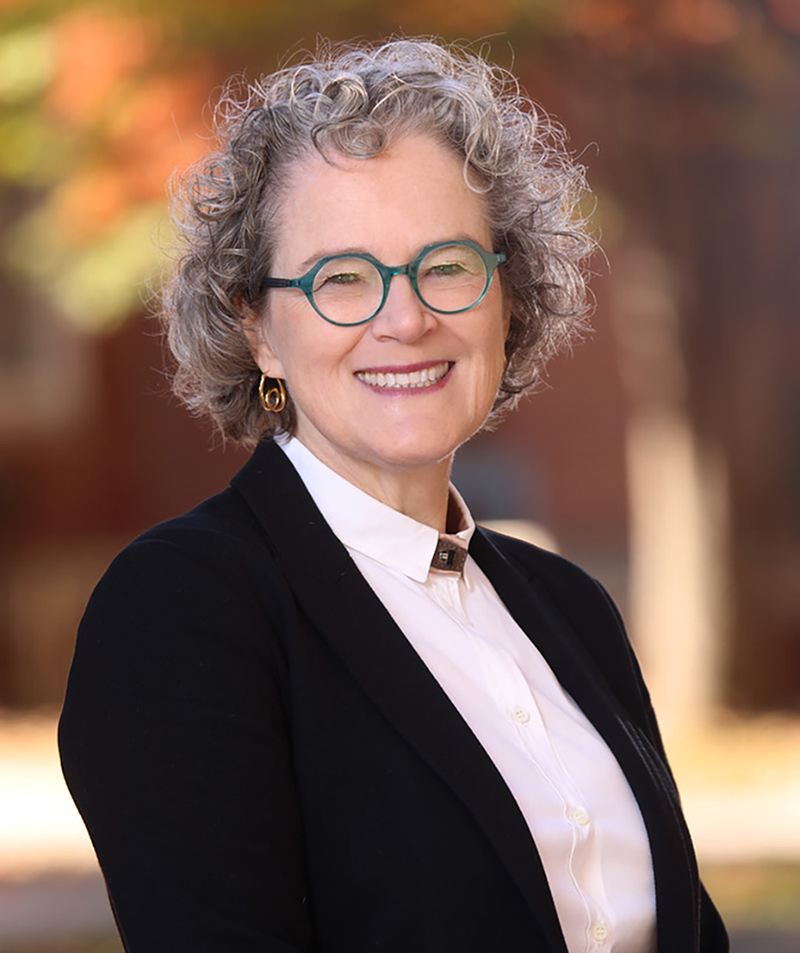Dr. Marrazzo was appointed as the Director of the National Institute of Allergy and Infectious Diseases at the National Institutes of Health in September 2023. Prior to that, she held the C. Glenn Cobbs Endowed Chair and was Professor of Medicine and Director of the Division of Infectious Diseases at the University of Alabama at Birmingham Heersink School of Medicine (UAB). She is a Fellow of the American College of Physicians and of the Infectious Diseases Society of America (IDSA), was elected Treasurer of the IDSA in 2021, having served on the board since 2018, and was elected Vice President of IDSA in 2023. She was Chair of the American Board of Internal Medicine Council from 2015-2018. She was also elected to the National Academy of Medicine in 2024.
Dr. Marrazzo received her undergraduate degree in Biology from Harvard-Radcliffe, her medical degree from Jefferson Medical College, and completed a fellowship in Infectious Diseases at the University of Washington, where she was on faculty from 1995 to 2016. She also received her Masters in Public Health in Epidemiology at the University of Washington in 1994.
Dr. Marrazzo has a broad research portfolio that includes the relationships between the vaginal microbiome and female reproductive tract infections, HIV pre-exposure prophylaxis, hormonal contraception, and risk of STI/HIV acquisition. She led UAB’s participation in the RECOVER trial, funded by NIH to study post-acute sequelae of SARS-CoV-2 infection, and a large clinical trial of the meningococcal Group B vaccine rMenB+OMV NZ (Bexsero) to prevent gonococcal infection. She chaired the Biomedical Science Committee of the HIV Prevention Trial Network, the group tasked with integrating the biomedical science agenda across numerous clinical trials of antiretroviral prevention agents. She was also a Co-PI of the NIH-funded Infectious Disease Clinical Research Consortium that leads the Vaccine Treatment and Evaluation Units as well as NIH-funded STI clinical trials. She was a leading voice in educating colleagues, the community, and the media during the COVID-19 pandemic.

